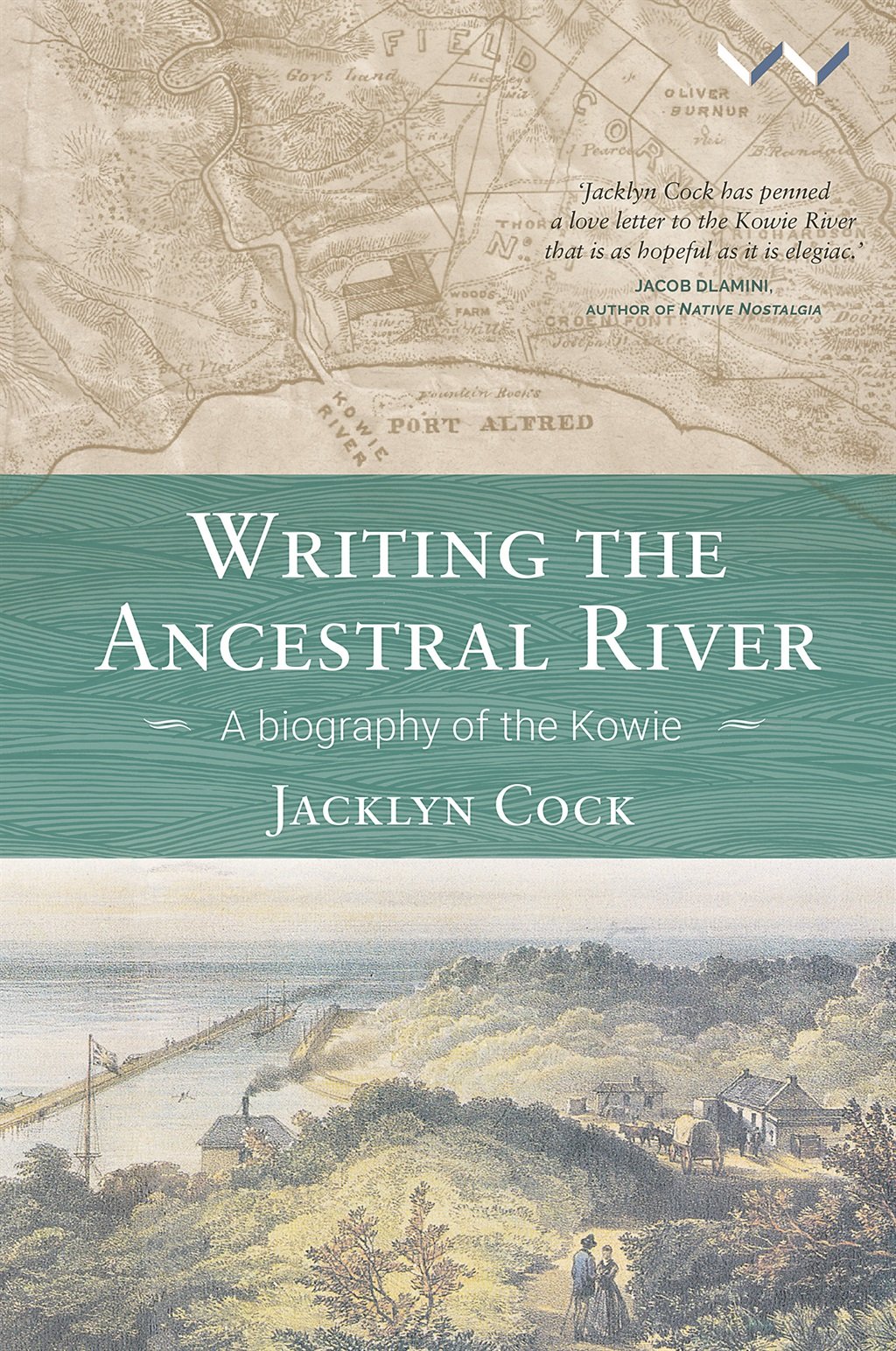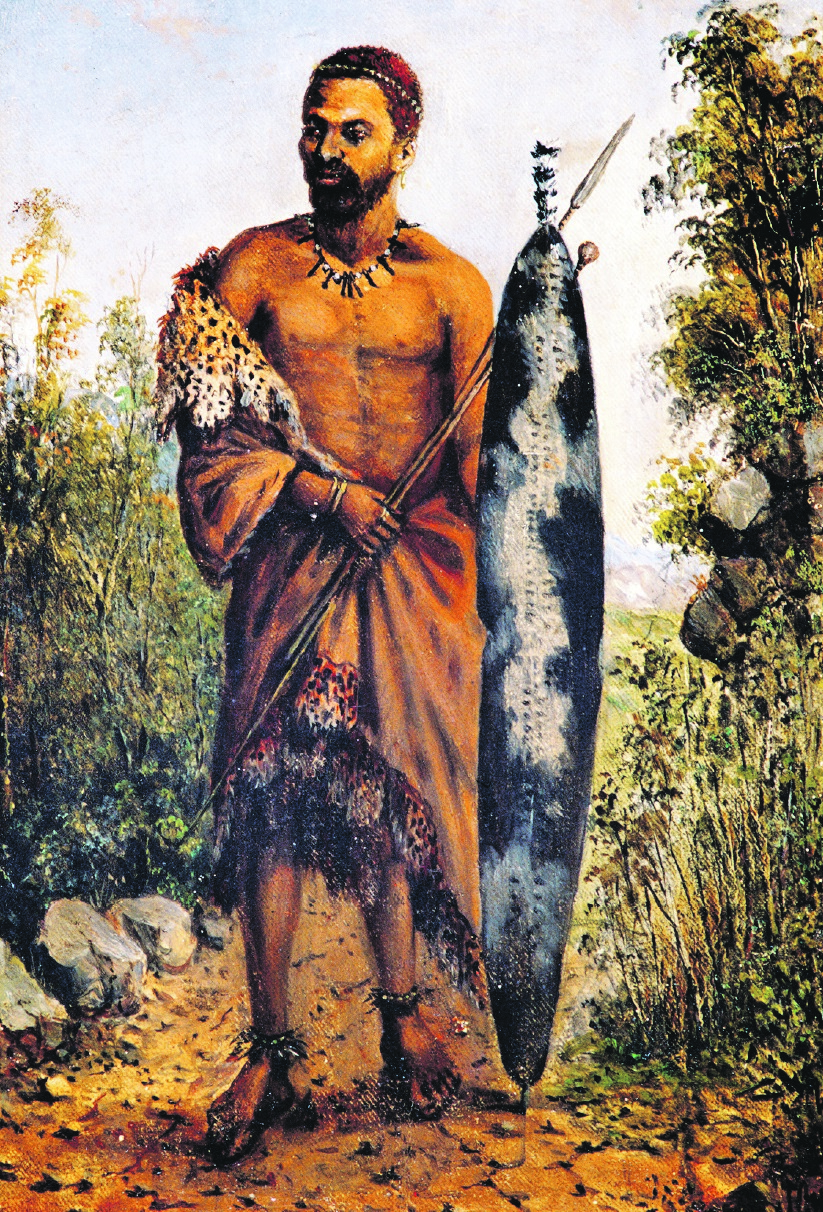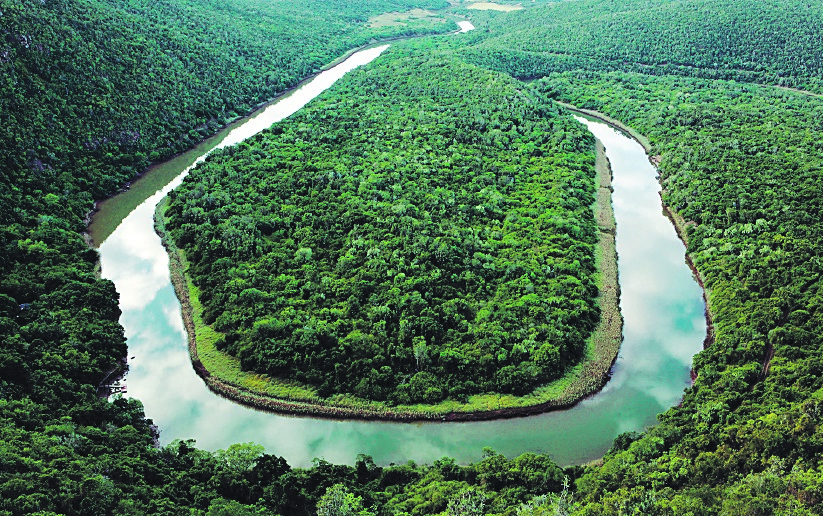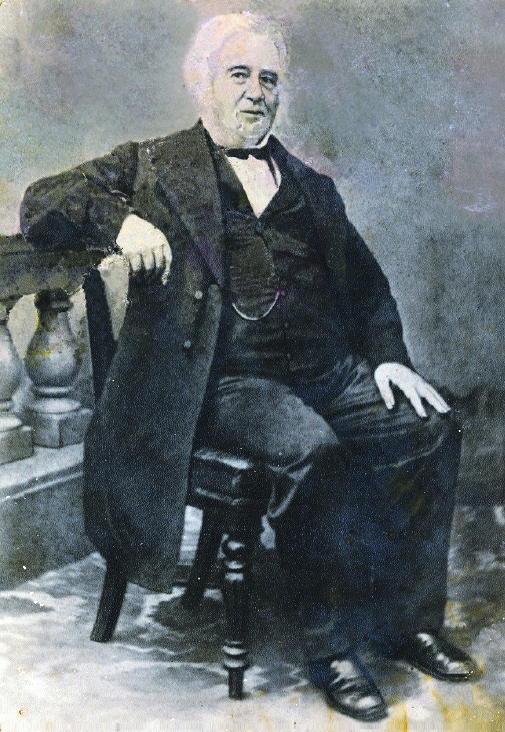
Writing the Ancestral River
by Jacklyn Cock
Wits University Press, 2018
208 pages
R350
Professor Jacklyn Cock grew up believing that her ancestor William Cock was a visionary. But when she began exploring her family history she discovered quite the opposite. In this extract from her new book she explores the role he played in dispossessing the amaXhosa of land.
Revisiting Our Ancestors
Revisiting our ancestors forces us to confront how the ravages of the past are congealed in the present.
My ancestors emigrated from Britain to what was known as the Zuurveld, the land between the Fish and the Sundays rivers.
This was the crucible of settler colonialism, the area where the colonial authorities first encountered the indigenous peoples, particularly the amaXhosa, and incorporated them into a new political order.
During 100 years of conflict in the area, the amaXhosa were dispossessed of their land and livelihoods, defeated and absorbed into the settler colonial economy as a source of cheap labour.
Today, more than a century later, this pattern continues as the African population of the area still do not own the land on which they live, and are denied the resources necessary for a dignified and productive life.
The area of the Zuurveld, now called Ndlambe Municipality, is one of the poorest parts of South Africa.
The Expulsion
The dispossession of the amaXhosa involved the first mass removal or ‘land grab’ in our history.
At the time, the Cape was a British colony. In 1811, the new British governor ordered Lieutenant Colonel John Graham to expel all the amaXhosa living west of the Fish River in the Zuurveld and to do so by instilling in them a ‘proper degree of terror’.
Graham himself said: ‘My intention is to attack the savages in a way which I hope will leave a lasting impression on their memories.’
He achieved this by what we could call a form of ‘ecocidal genocide’, which involved setting fire to the amaXhosa staple crops of sorghum, maize and pumpkin just as they were ripening, seizing their cattle and burning their homes.
On January 14 1812, some 20 000 Xhosa men, women and children made the long journey to cross the Fish River, driving their herds of cattle before them, their few belongings tied to the cattle’s horns. Stragglers were shot.
In this journey many of them, including Chief Ndlambe himself, would have waded across the Kowie River, which ran through the centre of the Zuurveld.
One historian has described this as ‘a superbly executed campaign’. The British scorched earth policy, the burning of crops and attacks on the roots of the amaXhosa economy was a feature of all subsequent frontier wars.
In one of the later wars it was even suggested that destroying crops was not enough, it should also involve targeting the people responsible for cultivation.
For example, according to the radical historian Martin Legassick ‘in 1851 the Colonial Secretary Sir George Grey proposed that all Xhosa women (as the cultivators) should be rounded up and sent to the Cape as prisoners’.
The 1812 expulsion was one factor leading up to the Battle of Grahamstown, after which the colonial authorities executed a plan for 4 000 settlers from Britain to be brought to constitute a buffer to stabilise the colonial frontier.
The Harbour
One of the 1820 settlers was my great-great grandfather, William Cock.
Through developing a harbour at the mouth of the Kowie River and supplying the British military establishment, he helped to consolidate colonial power and facilitated the further dispossession of the amaXhosa of their land.
Not only did Cock supply the British military establishment, as a member of the legislative council he was involved in the colonial administration and was a warmonger in his promotion of violent, colonial expansion.
For example, in 1847, he convened a public meeting in which resolutions were unanimously passed expressing heartfelt approval of the governor’s further annexation of Xhosa territory.
According to the 1820 settler Thomas Stubbs, the entire Grahamstown merchant class, of which Cock was a member, were war profiteers as well as warmongers.
This is a far cry from the view of William Cock, which has focused on the development of a harbour at the mouth of the Kowie River and has praised him for his ‘foresight, private enterprise and indomitable perseverance’.
Through these activities he promoted a new form of accumulation, ‘settler capitalism’.
Settler Capitalism
‘Settler capitalism’ describes a form of accumulation based on the militarised violence of colonial dispossession, a virulent racism and the reduction of the amaXhosa to wage labourers.
Capitalism broadly rests on the dispossession of the means of production (initially of land through the process of ‘primitive accumulation’ or ‘accumulation by dispossession’) and the creation of ‘free’ labour, in the sense of the dispossessed having to sell their labour power to survive.
In other words, it involves the process whereby both the means of production and labour become commodities. While the dispossession was driven by colonialism, the process of commoditisation was driven by settler capitalism.
This means that long before industrialisation and the discovery of gold and diamonds, the process of primitive accumulation was occurring, first in the Eastern Cape, driven by a local settler elite who were consolidating their position at the expense of the indigenous people.
In most of the historical accounts, Cock is heroised and much praised for his energy and vision.
So I found it deeply shocking in later life to realise that he was a war profiteer and warmonger who contributed to the consolidation of settler colonialism and was an exemplar of settler capitalism.
Acknowledging our past, and the inter-generational, racialised privileges, damages and denials it established and perpetuates, is very necessary for any just and shared future.
That acknowledgement is especially important at this time of intense contestation of the land issue.
As Glen Coulthard reminds us in Red Skins, White Masks, struggles around land are ‘struggles for land not only in the material sense, but also deeply informed by what the land as a system of reciprocal relations and obligations can teach us about living our lives in relation to one another and the natural world in nondominating and nonexploitative terms …’
TALK TO US
Have white South Africans accepted responsibility for their ancestors and the land issue?
SMS us on 35697 using the keyword CRIME and tell us what you think. Please include your name and province. SMSes cost R1.50




 Publications
Publications
 Partners
Partners











